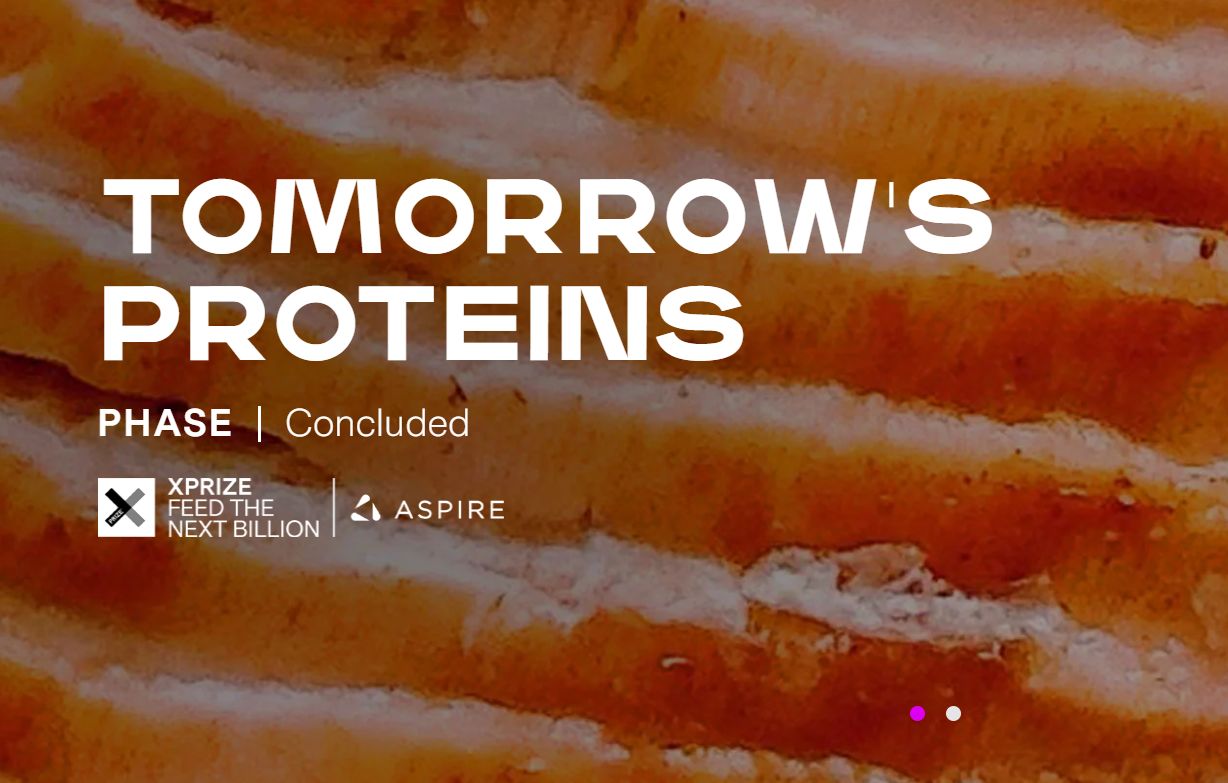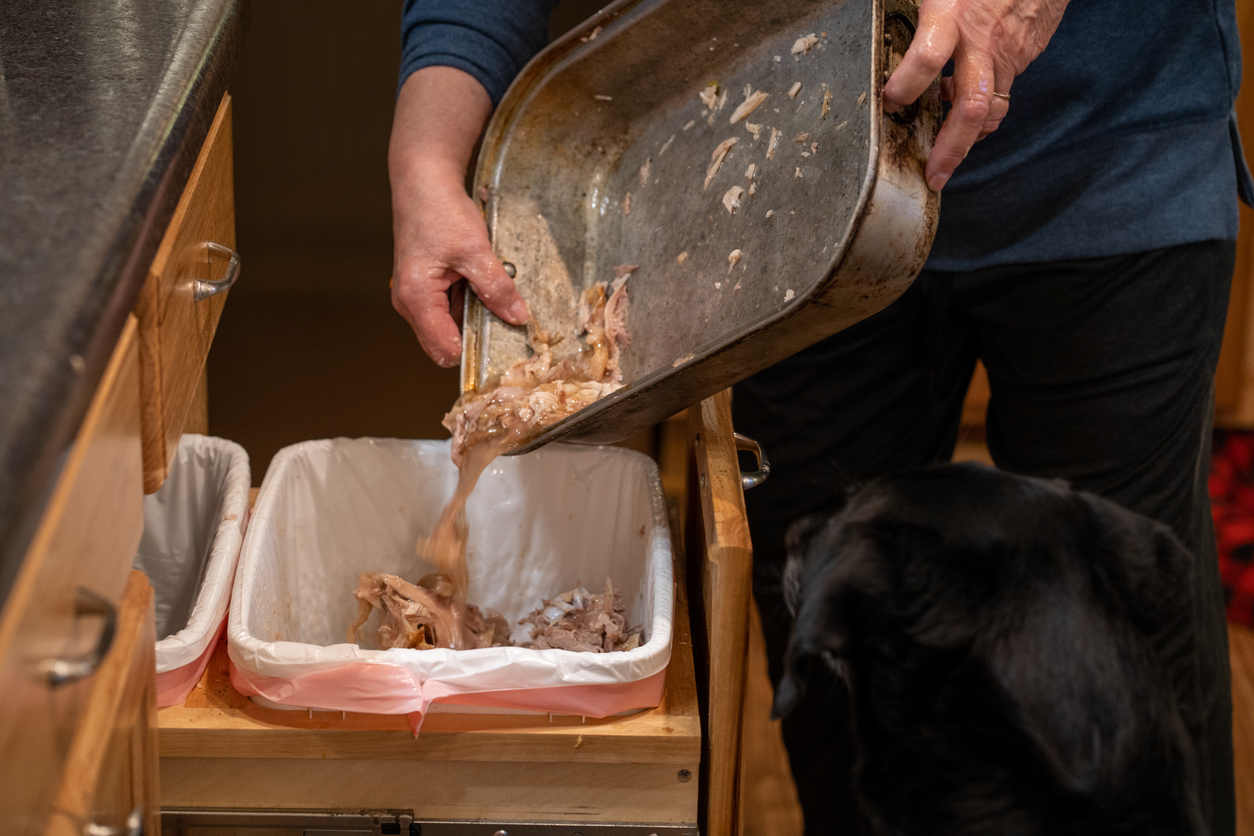An entrepreneur from the age of 17 when he founded Focus Communications, Bruce Gurfein is taking an unconventional route to promoting his latest venture, literally.
The Jewish-American recently drove 9,000 km across the Middle Eastern region to promote Future Gig, a food and desert technology accelerator, becoming the first person to complete a land journey from the United Arab Emirates (UAE) through Saudi Arabia and Jordan to Israel. The Dubai resident didn’t just have Future Gig in mind.
“The journey is a way to raise awareness that there is still no peace between all the countries, but that the way to bring peace is through good business relations between the nations,” Gurfein told The Times of Israel halfway through the trip that saw him pass through six countries: the UAE, Saudi Arabia, Jordan, Bahrain, Palestine, and Israel.
Gurfein has been living in the Gulf region for 25 years, picking up 11 languages and connecting American, Emirati, Israeli and Saudi Arabian businesses — he now hopes to do the same for agritech.
“I figured the best way to really gain traction we needed from companies in order to let them know that this platform was available, and from the different partners both in the UAE and Saudi from the agritech or other industries was to really make a lot of noise,” Gurfein tells AFN.
During the 20-day journey, Gurfein and his trip partner Joe Koen met investors, land owners, business partners and innovators in food technologies and desert agriculture to create a joint platform.
This was aimed at helping startups share data, exchange experiences, test products and gain market access, with a mission to ensure a shift towards sustainability in the region.
Driving for around 800 kilometers a day was exciting, as was the amount of innovation he saw in Saudi Arabia, which is looked at as an oil-dependent country.
“We met these innovative farmers growing different crops that you would never believe- oranges in the middle of the desert using AI,” he says.
“I’ve met a company out of Riyadh that uses an AI camera to monitor growth in the desert and determine what parts of plants need more or less watering, pre-detect insects that have moved into the field all by AI cameras, which was quite innovative and interesting.”
Future Gig’s mandate
According to Gurfein, agritech and climate tech innovations are what align with the UAE’s mission of being completely self-sustainable in food production.
The accelerator is a subdivision of a family-owned tech investment fund Connect in the UAE.
It is a desert sustainability startup accelerator looking to back technologies that can aid in sufficient food production in desert regions and promote desert growth. For instance, companies that leverage artificial intelligence in monitoring water leakages.
“One of the biggest issues in the region is that 100% of the drinking water is disseminated and about 48% is lost in different leakages along the way, which makes again makes food more expensive,” Gurfein says.
“If you’re trying to build a real sustainable market of growing your own regional products, you can’t use technologies that are going to increase the cost of that food by 100% or 200%. You need to stay within the region and stay competitive in order to make it feasible.”
The accelerator is however trying to stay away from high-tech greenhouse technologies and is focusing on outdoor farming technologies. According to Gurfein, although these are good for the last mile, factoring in transportation costs from production points to retail would increase food costs for consumers.
“The idea really behind what we’re trying to do is to use the desert and create something innovative,” he says.
The accelerator now has 25 companies already signed up within its portfolio and hopes to have 8 projects already implemented by the end of the year.
“Once these projects start coming out of their successful pilots, we’re going to raise initially the first 20 million to 30 million internally within the family-owned tech fund that I work for. Then we’ll go out and raise the rest from local governments with an intention of reaching about 300 million to 400 million by the end of next year,” Gurfein says.
Why agritech?
The global food and agriculture industry is valued at over $8 trillion and makes up for more than 10% of the global GDP. There are opportunities for innovation and technology across these industries – for example, in Israel alone, investments in foodtech have increased from $53 million in 2015 to $866 million in 2021, according to IVC-MEITAR Israeli Tech Review 2021 Report.
However, the climate in the Middle East region pre-disposes it to food insecurity.
“Expanding investments in the region and leveraging the UAE as a neutral center can create a superpower that will provide food security and help build a better future for our families and planet. Peace is not just a word, and it doesn’t come with two signatures; it comes with a wholehearted embrace, via interpersonal relations being built. This is the Middle East after all; we don’t rush things here. Even our coffee takes time… that’s why it tastes so good,” Gurfein says.
Factoring in climatetech
The accelerator is also eyeing climate tech companies and not just agritech companies.
“At the end of the day if we don’t have the technologies to control the climate, then the agritech isn’t going to work properly,” he says.
“By reducing the climatic impact, you’re now able to grow more crops which means you’re able to have better agritech out there without having to invest millions in building other technology and everything else that’s involved.”
Source link
Author Lucy Ngige






